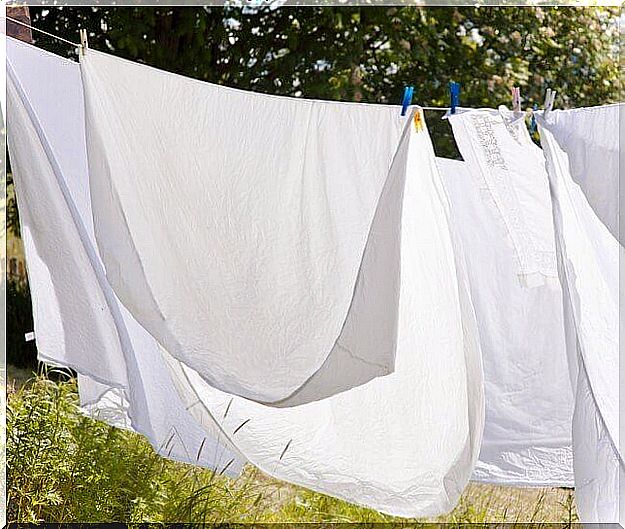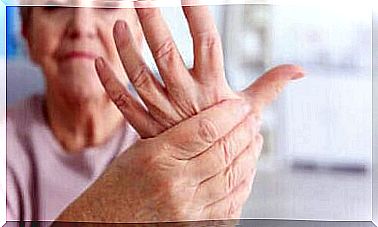How Often Should You Change Sheets?

When we think of the danger of illness, we often think first of sick people who can infect us via direct contact. But the microbes are everywhere, and one of their arenas is the sheet . How often should you actually change the sheets?
In order to maintain a healthy home, there are primarily two important factors: hygiene and cleanliness. Two terms that seem synonymous, but in reality both have their own meanings and functions to avoid diseases.
- Cleanliness deals with the process of removing dirt and debris in the environment.
- Hygiene includes a number of measures to protect our health and well-being.
Most people follow normal routines to maintain hygiene and cleanliness. But even though it often does not look dirty, it does not mean that there are not many bacteria.
This applies not only to sheets, but also mattresses, the bedroom and a lot of things around.
Who takes up residence in the sheet?

- Sweat
- Body oils
- Saliva
- Dirt from the outside
- Genital fluids
- Urine and feces
But do fungi and athlete’s foot also settle in the substances? Yes, unfortunately.
What is alarming is that many people do not change the sheets often enough . When they are to be washed in the washing machine, it therefore becomes more difficult to filter out the liquids thoroughly enough.
Not to mention all the dead skin cells that fall off every day and accumulate in the fabric. This is very attractive for the small mites, who eat this for dinner.
And these mites interfere with the function of the airways .
They are also attracted to a hot and humid environment. The result is that one bed can contain up to 10 million bacteria! And although it sounds disgusting, the stools cause their allergic reactions.
So how often should we change sheets?

From a microbiological point of view, it is recommended to change the layer at least once a week.
But if you really want to kill bacteria, you should consider the following steps:
- Do not overfill the washing machine: It is easy to put all the clothes in the washing machine at once. But if you want the washing machine to wash your clothes properly, you only need to put in one set of bedding.
- Settings: If the bedding is very dirty, it is recommended to put on a heavy washing program . In all other cases, a regular washing program with a centrifuge is sufficient.
The downside is that if you wash them too hard they can shrink. Therefore , it is recommended to let them wash for as long as possible .
But if you want to wash several things together, it is best to put the bedding together with cotton textiles, but never together with towels.
- Let them dry: Usually the sheet takes a little longer than other clothes to dry.
- Temperature: Even if there are no difficult stains on the sheet , it is correct to wash them between 40 and 60 ºC . It’s the only way to crack the middle.
But it never hurts to take a look at the washcloth when changing sheets. There are some fabrics that can not be washed at high temperatures.
Measures for hygiene and cleanliness

- Be sure to ventilate regularly, at least 10 minutes a day.
- Stop feeding the mite and use the vacuum cleaner at least once a week.
- Wipe dust off the furniture every day.
- Remember that bacteria love moisture: areas where there is mold can be very allergenic and toxic.
- Wash and clean both carpets and floors weekly.
- In the same way, it is important to disinfect in the wardrobe where bedding is stored.
What else can you do to have a healthy bed?
- The first thing to do is remove dust and clean the mattress with a vacuum cleaner and a furniture brush.
- Then you must use protective cover for the pillows and change the sheets regularly.
- Finally, it is advisable to take a bath or shower before going to bed at night, or at least wash your hands.









